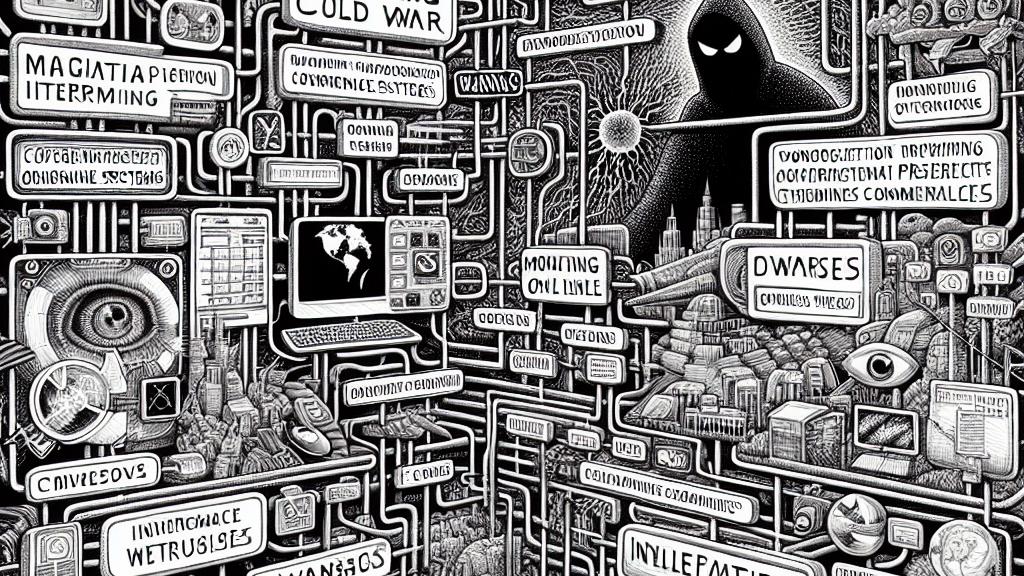Understanding the Cyber Cold War in the Philippines
Overview
- The Philippines is facing a significant surge in online threats amid an escalating atmosphere of cyber warfare.
- Government officials confirm multiple attempts by foreign actors to breach critical intelligence data.
- Communications Minister warns that a digital conflict akin to World War III is already unfolding.

The Rising Threat of Cyber Warfare
In recent months, the Philippines has found itself entangled in a chilling reality—a 'cyber cold war' is brewing. The situation has become increasingly dire, with communication channels cluttered with warnings of mounting online threats. In a striking statement, Communications Minister Ivan Uy declared, 'World War III is happening and it is cyber.' This statement vividly captures the gravity of the situation. Just think about it: foreign entities lurking in the shadows, ruthlessly probing government intelligence systems with malicious intent. Each failed attempt carries significant implications, highlighting a digital battleground where every click can have explosive consequences.
Proactive Government Response to Cyber Attacks
To combat this alarming tide of cyber threats, the Philippine government has adopted a proactive stance. In a remarkable feat, officials assert that despite numerous foreign attempts to breach sensitive intelligence data, none have been successful to date. This is a significant triumph, showcasing the effectiveness of their cybersecurity measures! Minister Uy notably referred to 'Advanced Persistent Threats' (APTs), stressing the constant presence of state-sponsored hackers waiting for an opportunity to strike. Can you visualize it? These digital intruders are actively scanning for weaknesses in military systems, applying pressure on defense mechanisms that are already stretched thin.
Understanding the Multifaceted Nature of Cyber Warfare
Cyber warfare is a complex phenomenon that extends beyond the surface; it involves a multitude of activities aimed at destabilizing nations. For example, espionage through cyber channels allows hostile actors to snatch away sensitive information undetected. Furthermore, denial-of-service attacks overwhelm government websites, preventing legitimate users from accessing crucial data. Picture the chaos—thousands of fake requests inundating a system, leaving citizens and officials alike locked out of critical information. Studies highlight the repercussions of these attacks, as illustrated by the notorious Stuxnet virus, which severely hampered Iran's nuclear aspirations. This incident serves as a grim reminder of how cyber threats can escalate quickly, transforming into crises that challenge a nation’s stability.
The Broader Implications of Cyber Conflict
The implications of this cyber cold war extend far beyond the immediate digital skirmishes we observe. They present genuine risks to societal structures, including economic stability and national integrity. As cyber warfare increasingly merges with conventional military strategies, countries worldwide, including the Philippines, must rethink and refine their defensive strategies. Consider the nightmare scenario: hackers infiltrating a nation’s financial systems can instigate widespread chaos, shaking the very foundations of its economy. It’s essential to recognize that in today’s world, the digital realm is a battleground where traditional warfare tactics often fail. The Philippines is at a crucial crossroads, faced with the challenge of building resilient defenses while fostering an environment conducive to innovation and growth, in order to mitigate the ongoing threats.

Loading...